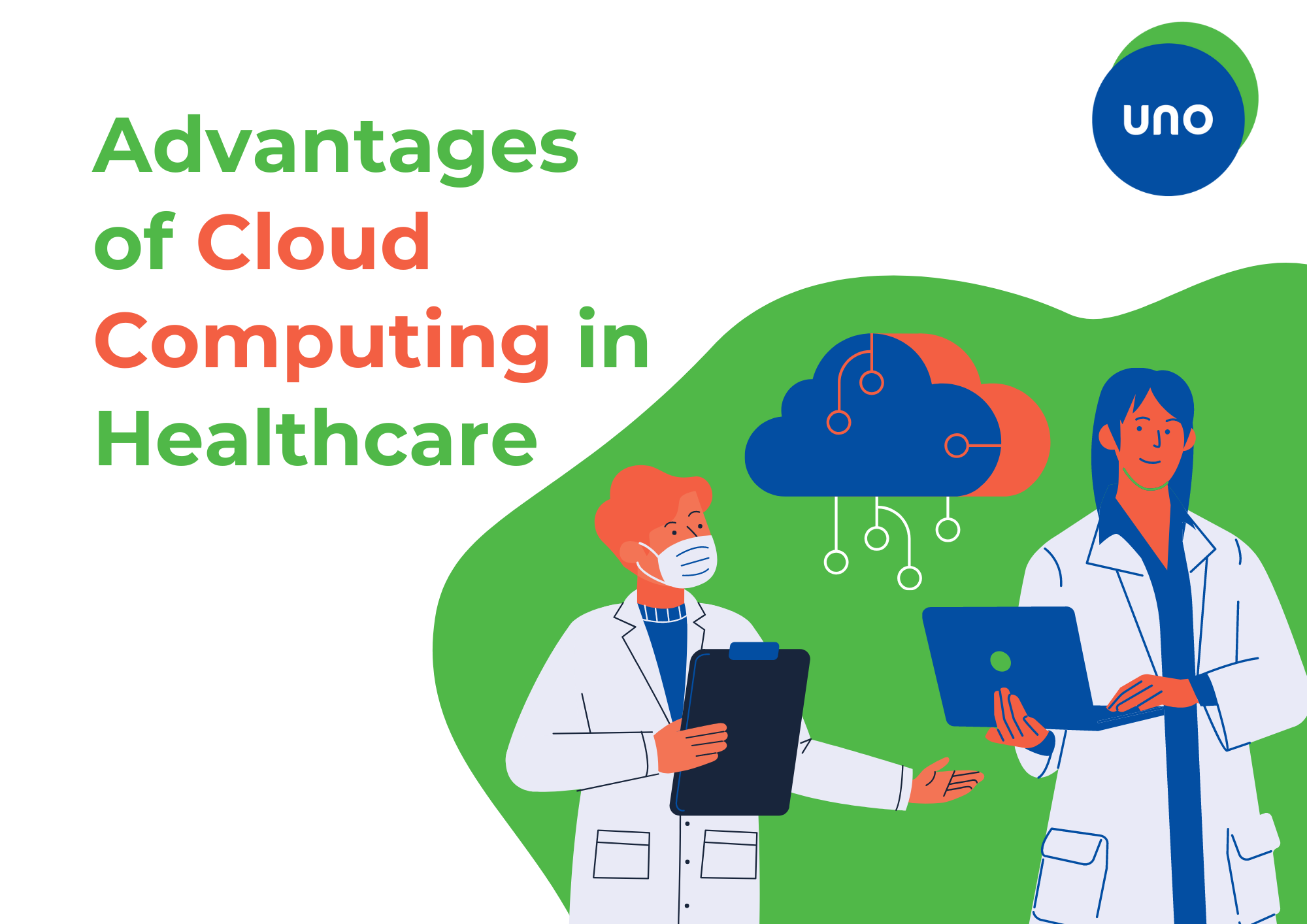Advantages of Cloud computing in healthcare
What is cloud computing in healthcare?
Cloud computing in healthcare is the use of cloud services by doctors and medical practitioners to store patient data.
In the past, clinics or hospitals which relied on Clinic Management System (CMS) or Electronic Medical Records (EMR) required on-site computing services. In other words, there would have been a significant upfront capital required for the procurement of server racks, electricity for power and cooling, as well as full-time IT staff for the management of this infrastructure.
Since then, patient care has become increasingly digital - virtually all public and private hospitals in Singapore have adopted EHRs and begun migrating its system to cloud computing. Similarly, clinics have transformed outdated paper-based systems with novel cloud computing CMS solutions.
In this article, we go through the fundamentals of cloud computing and the key advantages and benefits it confers upon physicians and healthcare systems/units.
How is cloud computing used in the healthcare
As with the Socratic method of thinking that is prevalent in Medicine, it helps to define cloud computing. Cloud computing is a model for enabling ubiquitous, convenient, and on-demand access to essential computing resources. Cloud computing enables all the complex infrastructure required to run an application (e.g. CMS) to be provided as a service. In simple terms, the infrastructure is outsourced to a vendor.
There are several popular vendors that provide cloud computing –
Amazon Web Services (AWS)
Microsoft Azure
IBM Cloud Services
Google Cloud Platform
Why are clouds used in healthcare?
The healthcare industry is an industry that generates a huge of data. Every patient visit and consultation session will require plenty of data to be recorded and stored. Leveraging cloud technology can significantly ease of burden of data storage for healthcare providers, reducing storage expenditure in the long run. At the same time, improving healthcare outcome as patient records are more accessible now than before.
Benefits and advantages of cloud computing in healthcare
There are four key benefits of using cloud computing in healthcare
Real-time and on-demand data access
Cloud-based software enables clinicians to access data on an on-demand and real-time basis. This is because, unlike offline systems which are not capable of automatic synchronisations, cloud-based CMS are distinguished by up-to-date patient information. In other words, the right patient information is provided at the right time and at the right place.
Reduce cost
Leveraging the cloud helps physicians and clinics to reduce the cost of hardware, software, and services. This is because subscribers to cloud computing services only pay for the services they use. This allows for cost-effective and efficient use of resources that are pegged to demand. Should demand increase (e.g. additional physicians joining a practice, or an unanticipated increase in patient load), the cloud computing services can be rapidly scaled.
Secure data storage
Data security and privacy are assured by the cloud computing vendor. The aforementioned vendors abide strongly by the Health Insurance Portability and Accountability Act (HIPAA) which maintains the privacy of protected health information (PHI)3. The storage of data in the cloud protects it from events such as device loss. Data Centres which store these data also have in-built redundancy systems in place to allow for rapid disaster recovery and expedient business continuity.
Scalability
Grow and scale your operations easily and quickly. Cloud computing offers much more control and flexibility when you need more data storage space. There’s no need to purchase additional hardware or software, simply upgrade your cloud storage.
Risks and downsides of cloud computing
There are, however, some degree of risks involved when using cloud computing in healthcare:
Clinics no longer in control of their patient’s data - Clinics may lose control of their data as they move over to the cloud, this is especially true for those clinics without an IT staff to manage, cloud storage of clinic data may cause serious operational problems as they will not be able to handle the data on their own.
Internet downtime and disruption – You MUST have an internet connection to access cloud service, which can be a bit of an issue if you are practicing in remote areas or subscribed to poor internet service plans. Internet downtime in clinics can be disastrous for patients.
Vulnerable to hackers and attacks – Cloud security is another concern. The majority of your medical practice’s information will be stored on the cloud, including valuable patient data. That private and confidential information can be vulnerable to hackers attempting to steal your patient’s info. Losing your patient data can be detrimental to your clinic’s reputation and image.
Introducing UNO CMS – Cloud-based CMS solution to all your healthcare practice problems
UNO Clinic Management System provides you with all the benefits of cloud computing whilst mitigating potential risks and disadvantages. It is a cloud-based platform securely hosted on Amazon Web Service (AWS) that complies with HIPAA and Multi-Tier Cloud Services (MTCS) data security protocols. This means that you are in control of your data with a strong defense against vulnerabilities. Only you have the access to your data, nobody else has access unless granted by you.
At UNO, our customer support team will respond to your problems within minutes - we value our customers, just like you value your patients.
